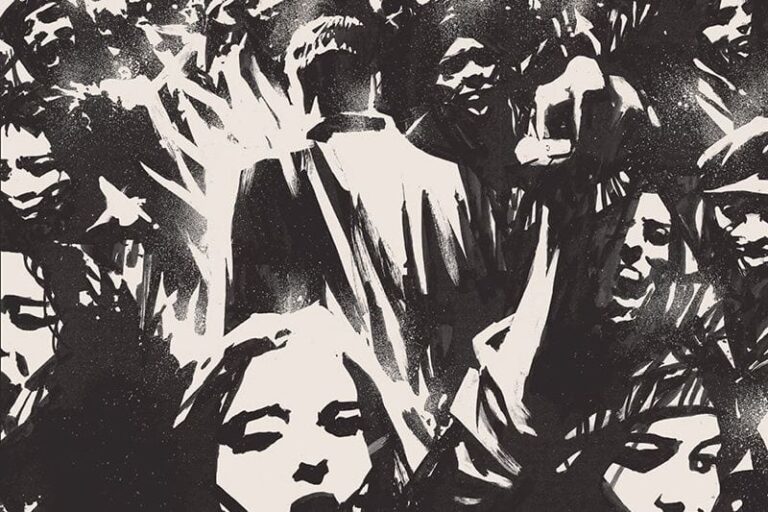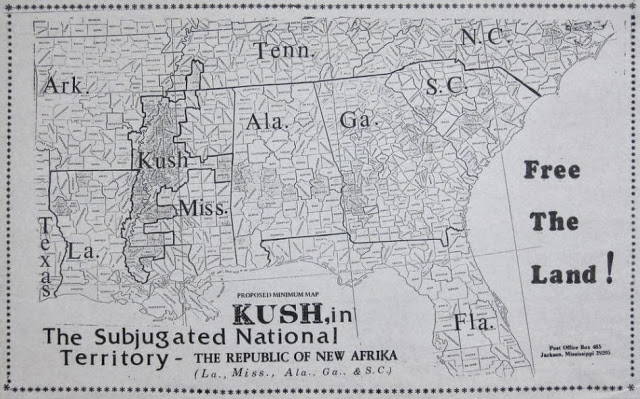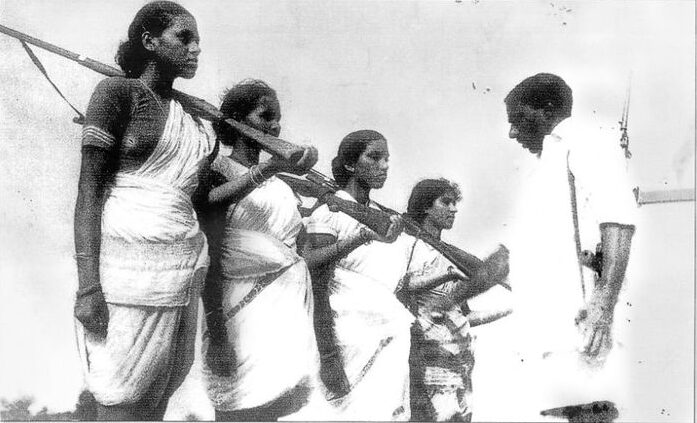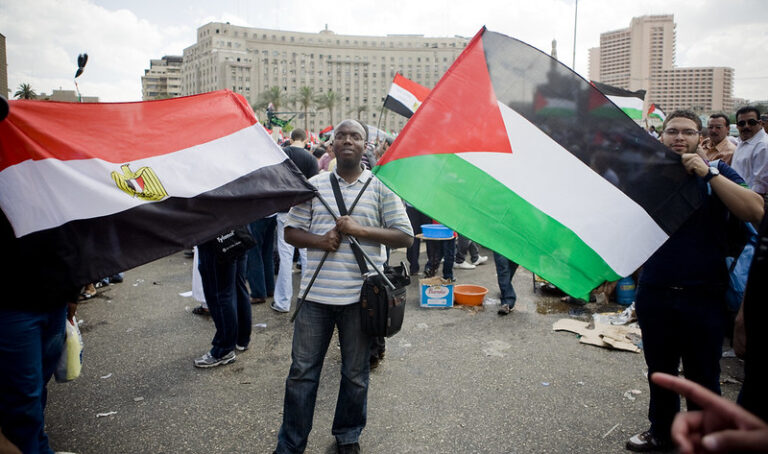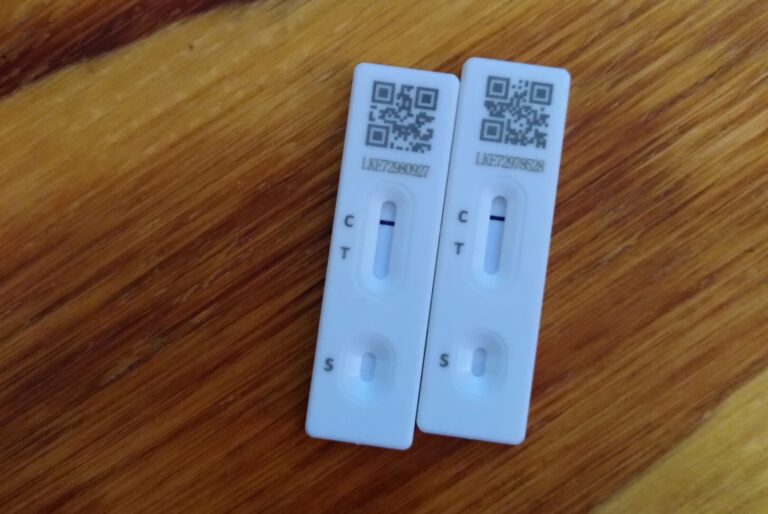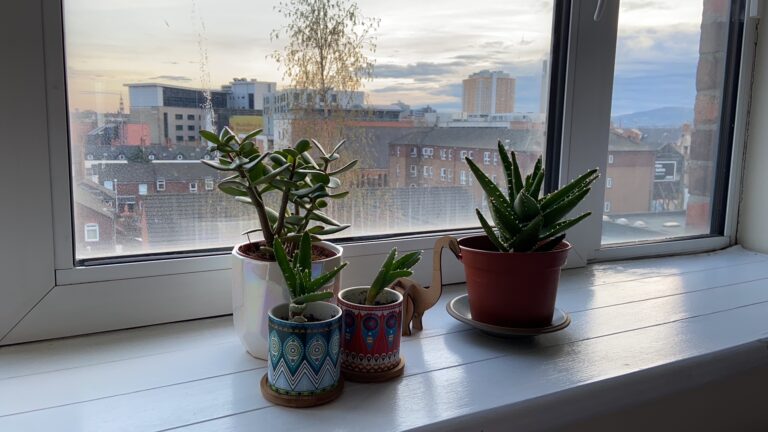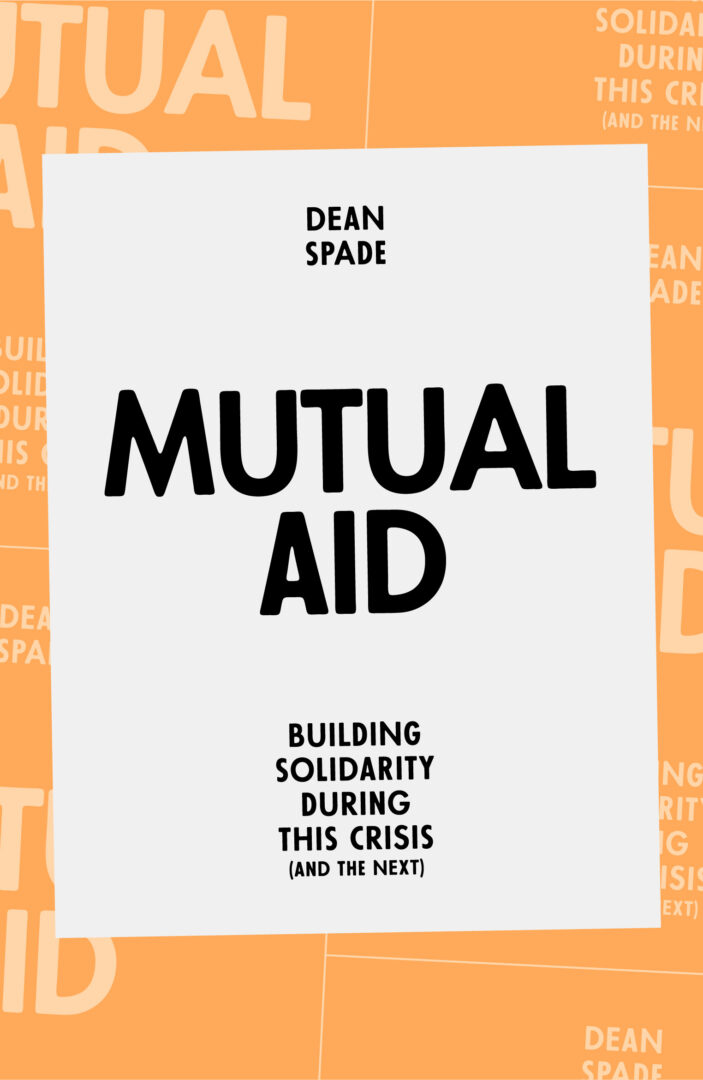In a well-known formulation, Vijay Prashad wrote that, “The Third World was not a place. It was a project.” This forum feels out ways to understand and remember the Third World project as a collective horizon of freedom enacted by ordinary people in their daily lives. Beyond the political leadership of the iconic leadership of Third World state leaders and the foundational conferences they convened, we seek to explore how the Third World was lived and imagined. We do so as an invitation to fellow teachers and students to deepen collective imagining through a twin process of learning and unlearning. Formulated as a practice of Third Worlding, this invitation is a proposal to make historical precedents familiar and make progressive visions of intersectional, anti-racist, decolonial struggle strange. It seeks out other ways of calling comrades into political practices by exploring the ways in which Third World subjects imagined and related to each other. In this introduction, we lay out what Third Worlding might offer as a tool for reorientation in the political present.
Keyword: solidarity
The Captive New Afrikan Nation, the Politics of Solidarity, and the Ongoing Struggle for Liberation
In 1968, the world was changing. New nation-states were forming as former colonies revised relationships between Africa, Asia, and the “West.” Some fought hard for their liberation, and some were still fighting. From Vietnam to Zimbabwe, bloody struggles against racist settlers and western capital clarified the tenacity of white supremacy and imperialism. Other nations were “peacefully” exchanging white political leadership for parties and personalities rooted in local soil. All excited the US Black left who welcomed the changes as the ideal condition for Black liberation. Among them were activists who, beginning in March 1968, decided to pursue the creation of an independent Black nation-state that would occupy land in the Deep South. Considering Louisiana, Mississippi, Alabama, South Carolina, and Georgia as the rightful territory of their Republic of New Afrika, those who championed independence sought to replicate the apparent successes of Tanzania and other newly formed states, while contributing to the complete overthrow of western hegemony. This contribution explores the theory of the New Afrikan struggle for land and independence. It considers how New Afrikans negotiated their African ancestry and colonized status with their distinctly North American position within geopolitics. In asserting their right to self-determination, New Afrikans complicated the meanings of captivity and Third World solidarity in ways unique to the Black Power era. Even as they built on their predecessors from the African Blood Brotherhood, UNIA, and even the CPUSA, New Afrikans helped to frame their era’s political ideas in a manner that continues to guide projects of international liberation and solidarity.
Reawakening Ali Sardar Jafri’s Asia Jaag Utha
The epic poem Asia Jaag Utha, written in 1950 by Ali Sardar Jafri of the Indian Progressive Writers Association, was a battle hymn of its time, a celebration of Asia’s history and geography, with a vision for Asian liberation and communist revolution at the dawn of the Cold War in the aspirational Third World. Are its messages still applicable today, or is it strictly a period piece? This essay analyzes what Jafri was trying to do in his own context and explores whether it has anything to say to ours. In order to do this, the author enters into dialogue with Jafri’s poetry, and proposes some updates to its political agenda that might be needed to carry its energy into the present. While the mid-twentieth century vehicles of progress and liberation (such as industrial development and the postcolonial nation-state) require critique, Jafri’s emancipatory impulses and ideals of solidarity ring true.
Anti-Colonial Defeat: The 1967 Naksa and Its Consequences
This entry asks what it means to mourn the loss of the state as a vehicle for revolutionary liberation. State power was indeed authoritarian, and global solidarity in the era of the Third World Movement of the 1950s, 1960s, and 1970s was superfluous, but it still meant something to people then and now. Losing it was felt. In this piece, I revisit the 1967 Arab defeat against Israel known as al-Naksa (the resounding setback) within the context of the Third World movement and its influence on global solidarity in the ensuing decades following 1967. I focus on the loss of Egypt’s position as an anti-colonial leader after the 1967 war and subsequent death of Gamal Abdel Nasser in 1970. Egypt, once a bastion of revolutionary anti-colonial fervor at the nexus of Pan-Arab and Pan-African imaginaries, and a hub of the historic Third World, became radically realigned with the Global North under Anwar Sadat. I argue that the fate of the Egyptians, Palestinians, Arabs, and of anti-colonial global struggle each became unlinked and siloed as individual struggles. It is not just Arabs or Egyptians or Palestinians who were defeated, it was a whole anti-colonial ethos. How do we mourn the loss of the state as a vehicle for liberation, for Palestinians, for Arabs, for Africans, and for the post-colony?
Only Together, We Flourish: The Importance of Friendship and Care in Navigating Anti-Asian Hate and Shielding During COVID-19
The COVID-19 pandemic and the response of the government of the United Kingdom have exacerbated deep-seated inequalities. People of color and disabled people have been disproportionately impacted during the pandemic. This essay has two authors, Sophie, a white disabled academic from England, and Denise, an Asian music therapist from Hong Kong; we are friends who live in Bristol. By examining our understanding of the pandemic through our lived experiences and identities, we provide transparency for engaging with our individual and shared perspectives. We use Mia Mingus’s concept of access intimacy to characterize our friendship as one which prioritizes accessibility and a deep understanding of each other’s realities whilst respecting and learning from our differences. We explore the idea of vulnerability and what it means to be made vulnerable during COVID, as well as the notion of ungrievability. Through engaging the concept of embodied belonging we address care as a necessity in response to all the ways in which this pandemic has highlighted and exacerbated vulnerability, ungrievability, and challenges to finding a sense of belonging. We demonstrate solidarity, empathy, joy, love, respect, and a deep reverence for each other and our journeys through hostile environments, providing a counterpoint to the neoliberal structures of oppression as we find ways to live, create, and flourish.
Roundtable: Crip Student Solidarity in the COVID-19 Pandemic
This roundtable shares the first-hand experiences of five crip, disabled, Mad, and/or neurodivergent doctoral students navigating academia in so-called Canada during the COVID-19 pandemic. While we discuss and theorize our experiences of ableism, structural oppression, and inaccessibility in the academy, we also highlight the world-building experiences of solidarity that have emerged for us in crip community, and in particular among fellow crip graduate students. We consider the ways that crip students open up potential for new ways of learning and being by challenging dominant norms of academic productivity, and we also consider what is lost when these students are pushed out of academic spaces. By engaging in “collective refusal” of the conditions that harm disabled and otherwise marginalized students, new possibilities emerge for connection, community, and radical change. The virtual conversation transcribed here took place over Discord, email, and Google Docs in autumn of 2021 and early winter 2022. This piece embraces multi-tonality, that is, a range of different voices and ways of writing, speaking, and communicating. It is a conversational piece that intentionally blends varied approaches to knowledge-sharing: polemic, citationally-grounded, and personal anecdotes drawn from our diverse lived experiences. There are a number of different themes woven throughout the text, including anecdotes and personal history, solidarity, ableism in the academy, pessimism/failure, community/interdependence/intimacy, and utopia/futurity/demands for the future. While not intended to provide policy guidance or step-by-step instructions for changing academic culture, we also begin to sketch out some of our dreams for an alternative future for disabled scholars. We discuss imagined futures and possibilities, and ask, is a truly crip and/or accessible academic institution possible?
Review of Transgender Marxism edited by Jules Joanne Gleeson and Elle O’Rourke (Pluto Press)
Transgender Marxism is a provocative and groundbreaking union of trans studies and Marxist theory. Exploring trans lives and movements, the authors delve into the experience of trans survival and movement solidarity under capitalism. They explore the pressures, oppression, and state persecution faced by trans people living in capitalist societies, and their tenuous positions in the workplace and the home. The authors give a powerful response to right-wing scaremongering against “gender ideology.” Reflecting on the relations between gender and labor, these essays reveal the structure of antagonisms faced by gender non-conforming people within society. Looking at the history of trans movements, Marxist interventions into developmental theory, psychoanalysis, and workplace ethnography, the authors conclude that in order to achieve trans liberation, capitalism must be abolished.
Plants, Vegetables, Lawn: Radical Solidarities in Pandemic Times
This essay presents photos and words illustrating practices of care in homes shared by humans and plants during the COVID-19 pandemic. Drawing on interviews with plant carers, I highlight how humans (re)discovered plants as kin during forced social isolation. I reflect on how plants provided joy, hope, and reassurance during crisis, enabling strong affective bonds with their human carers. I read the creation/cementing of affective bonds between humans and plants for its political significance, and I interrogate the activity of making home/kin with plants as the emergence of interspecies solidarities, which challenge anthropocentric narratives of worldmaking and reinsert non-human beings as central to the making of more just and inclusive futures.
Review of Mutual Aid: Building Solidarity During This Crisis (and the Next) by Dean Spade (Verso Books)
Dean Spade’s Mutual Aid: Building Solidarity During This Crisis (and the Next) is an accessible guidebook meant to inspire local organizing efforts based in mutual care, generosity, and dependency. By reflecting on contemporary contexts in which people are increasingly individualized and rendered dependent on inadequate government support systems, Mutual Aid demonstrates that sharing and cohesion are radical steps toward liberation. On this basis, we are reminded that contemporary social crises can usher in the normalization of interdependent community engagement, inspiring lasting social movements built upon mutual aid.
Response to Caroline West’s “From Company Town to Post-Industrial: Inquiry on the Redistribution of Space and Capital with a Universal Basic Income”
This reply critically analyzes the concept of “solidarity” in Caroline West’s account of the role that a Universal Basic Income (UBI) could play in Central Appalachian re-development. I argue that a robust structural form of “solidarity” would necessarily play an essential role in formulating a political bloc capable of implementing an ambitious project like a UBI. In addition to this implicit role of a structural form of solidarity that can connect various communities and constituencies together into a powerful political bloc, Caroline West also articulates an important role for highly local forms of community and solidarity in this region’s transformation. Given the two distinct ways that “solidarity” functions in her account, I raise questions about how the formal features of a UBI relate to both its local and more structural forms.
Solidarity Statement From Cairo
To all those in the United States currently occupying parks, squares and other spaces, your comrades in Cairo are watching you in solidarity. Having received so much advice from you about transitioning to democracy, we thought it’s our turn to pass on some advice.
